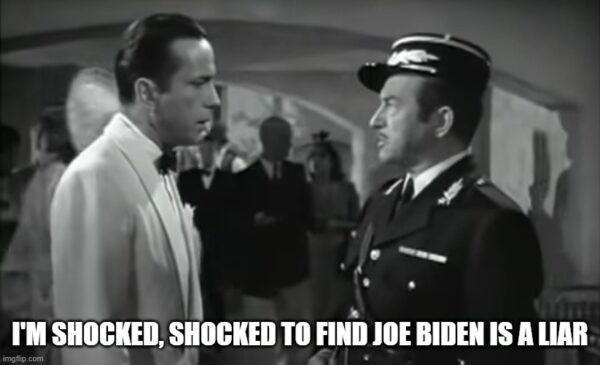
A President has plenary power to pardon anyone he wants for any federal crime. That being said, the Bidens are just another crime family that managed to amass enough political power to insulate themselves from the legal consequences any normal citizen would be subject to.
Biden pardons his son Hunter despite previous pledges not to.
WASHINGTON — President Joe Biden pardoned his son, Hunter, on Sunday night, sparing the younger Biden a possible prison sentence for federal felony gun and tax convictions and reversing his past promises not to use the extraordinary powers of the presidency for the benefit of his family members.
The Democratic president had previously said he would not pardon his son or commute his sentence after his convictions in the two cases in Delaware and California. The move comes weeks before Hunter Biden was set to receive his punishment after his trial conviction in the gun case and guilty plea on tax charges, and less than two months before President-elect Donald Trump is set to return to the White House.
It caps a long-running legal saga for the younger Biden, who publicly disclosed he was under federal investigation in December 2020 — a month after his father’s 2020 victory — and casts a pall over the elder Biden’s legacy. Biden, who time and again pledged to Americans that he would restore norms and respect for the rule of law after Trump’s first term in office, ultimately used his position to help his son, breaking his public pledge to Americans that he would do no such thing.
In June, Biden categorically ruled out a pardon or commutation for his son, telling reporters as his son faced trial in the Delaware gun case, “I abide by the jury decision. I will do that and I will not pardon him.”
As recently as Nov. 8, days after Trump’s victory, White House press secretary Karine Jean-Pierre ruled out a pardon or clemency for the younger Biden, saying, “We’ve been asked that question multiple times. Our answer stands, which is no.”

